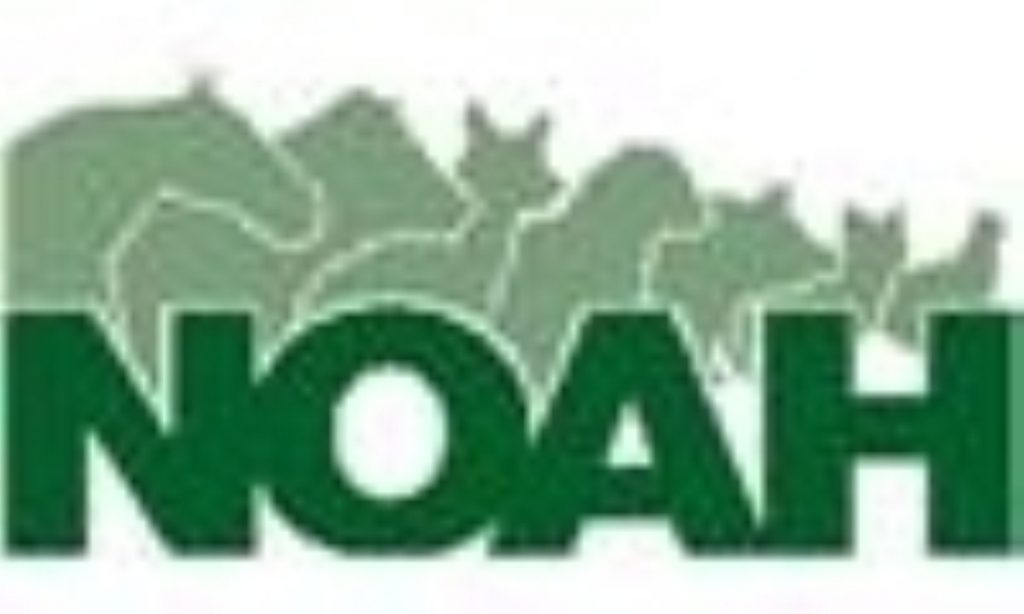NOAH supports ongoing work of VRC and VPC
The National Office of Animal Health (NOAH) today praised the work done by the Veterinary Residues Committee (VRC). Set up nine years ago to oversee the UK's surveillance for residues of veterinary medicines, the VRC has now been reconstituted as an expert committee.
"The VRC has provided high quality advice to the Veterinary Medicines Directorate (VMD) and the Food Standards Agency since its establishment, and we have welcomed its scientific approach. Its open dialogue has helped communicate to the public how they are protected and has helped maintain the confidence that consumers have that medicines are used responsibly and the food they eat is free from unacceptable veterinary medicine residues," said NOAH chief executive Phil Sketchley.
"Its recent demonstration of the safety of British food, with, out of more than 34,000 samples of domestic produce tested in 2009, just two cattle tested positive for products not authorised for use in food-producing animals, helps give confidence in the food we eat.
"At the time that report was published, VRC chairman Dorothy Craig said that the results of surveillance in the UK show that the great majority of our farmers are using veterinary medicines responsibly. Where the instructions on the use of a medicine were observed, including the withdrawal period, any residues detected were within agreed limits. She also stressed the need for all involved in the livestock industry to follow best practice in using medicines," he added.
"NOAH along with the National Farmers Union, the veterinary profession and others in the food chain support this commitment to good practice through the RUMA (Responsible Use of Medicines in Agriculture) Alliance," he said.
NOAH also welcomed the fact that the Veterinary Products Committee would continue as a separate body. "This reflects the fact that, with its multi species patients and the fact that some of these end up in human food chain, a separate approach is needed from that applied to human medicines to advise the VMD in respect of the stringent process that governs the authorisation of veterinary medicines," Mr Sketchley said.
Alison Glennon
COMMUNICATIONS MANAGER, NOAH





-01.png)